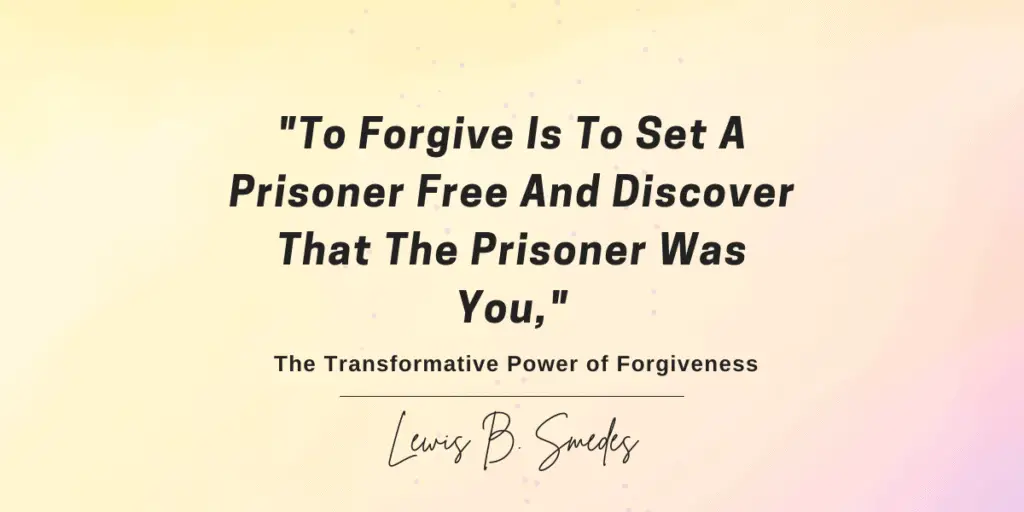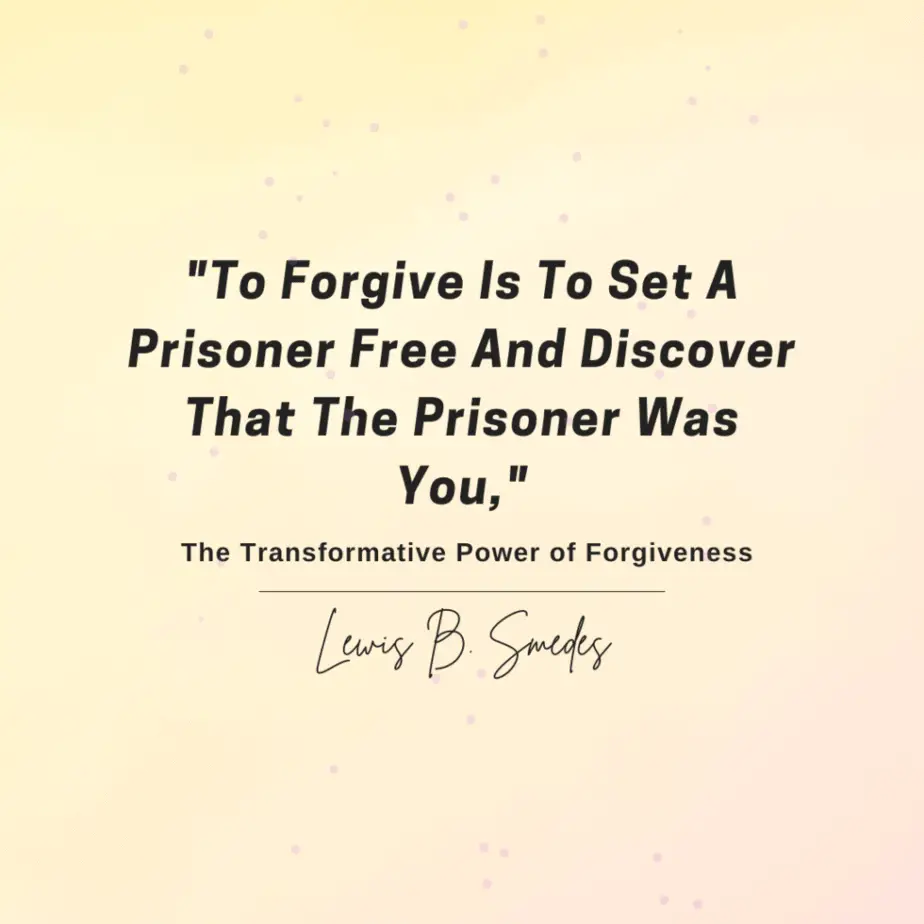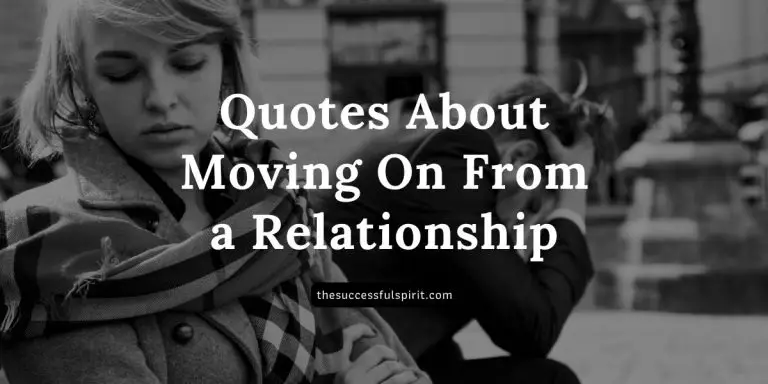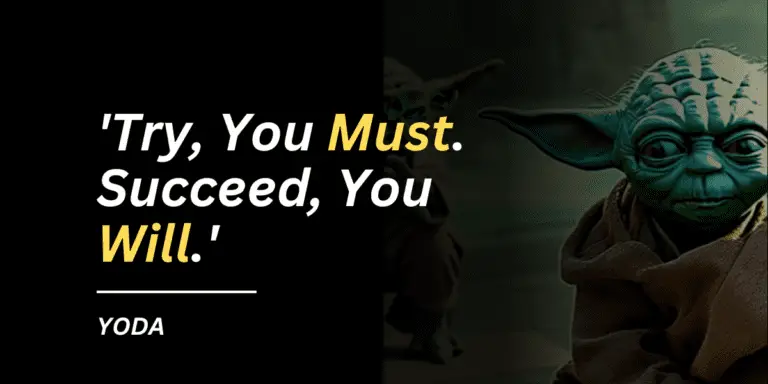To Forgive Is To Set A Prisoner Free: The Transformative Power Of Forgiveness
The quote “To Forgive Is To Set A Prisoner Free” is a powerful reminder of the power of forgiveness. Forgiveness releases us from the burden of anger and bitterness, allowing us to move on with our lives. It also liberates those burdened by guilt and shame, enabling them to find peace and happiness.

Forgiveness is a powerful and transformative act that can free us from feelings of anger, resentment, and other negative emotions that can hold us captive. In this post, we’ll explore the meaning and significance of the quote “To forgive is to set a prisoner free and discover that the prisoner was you,” attributed to Lewis B. Smedes, a renowned Christian author, and theologian.
Lewis B. Smedes (1921-2002) was a prominent writer and speaker on the topics of forgiveness, faith, and relationships. He wrote over a dozen books on these topics, including the best-selling “Forgive and Forget:
Healing the Hurts We Don’t Deserve,” which has been translated into multiple languages and has helped countless people around the world find healing and reconciliation through forgiveness.
In this post, we’ll delve into the wisdom of Smedes’ quote and explore how forgiveness can set us free from the prison of negative emotions and help us discover a deeper sense of freedom and healing.
We’ll also discuss the benefits of forgiveness and offer tips and strategies for overcoming the challenges of forgiveness. Whether you’re seeking to forgive someone or seeking to be forgiven, this post offers valuable insights and guidance on the power and potential of forgiveness.
What does the quote mean?
The quote “To forgive is to set a prisoner free and discover that the prisoner was you” is a powerful and thought-provoking statement that highlights the transformative power of forgiveness. But what does it mean exactly?
At a basic level, the quote suggests that forgiveness has the ability to set us free from negative emotions and thought patterns that can hold us captive. These emotions might include anger, resentment, bitterness, or even hatred, which can weigh us down and prevent us from moving forward in life.
By forgiving someone who has wronged us, we can let go of these negative emotions and gain a sense of freedom and liberation.
But the quote also implies that we are often the prisoners of our own negative emotions, and that forgiveness can help us discover this. When we hold onto grudges and refuse to forgive, we can become trapped in a cycle of anger and resentment that can harm our own well-being and relationships.
Here are a few examples of how forgiveness can set us free:
- Forgiving someone who has hurt us can help us let go of feelings of anger, resentment, or bitterness that can eat away at us and cause us to feel trapped.
- Forgiving someone can help us move past the pain of the past and look toward the future with hope and a positive attitude.
- Forgiving someone can help us release ourselves from the emotional burden of carrying around negative feelings and give us a sense of emotional freedom.
In short, the quote “To forgive is to set a prisoner free and discover that the prisoner was you” reminds us of the liberating power of forgiveness and encourages us to let go of the negative emotions that can hold us back from living our best lives.
The benefits of forgiveness
Forgiveness is not just a feel-good emotion or a moral virtue – it can also have real, tangible benefits for our well-being and relationships. Research has shown that forgiveness can lead to improved physical and mental health, stronger relationships, and a greater sense of overall well-being.
Forgiveness can benefit the person who forgives in the following ways
- Reduced stress and anxiety: Forgiveness can help us let go of the negative emotions and stress that can accompany holding a grudge, which can have a positive impact on our mental health.
- Improved physical health: Forgiveness has been linked to a range of physical health benefits, including lower blood pressure, improved heart health, and a stronger immune system.
- Greater life satisfaction: Forgiveness can help us move past negative experiences and look towards the future with a positive attitude, which can lead to greater overall life satisfaction.

Forgiveness can also benefit the person who is forgiven in the following ways
- Improved relationships: Forgiveness can lead to stronger and more positive relationships with others, as it can help to repair and rebuild trust and create a sense of mutual understanding and respect.
- Reduced conflict: Forgiveness can help to resolve conflicts and reduce tension in relationships, which can lead to greater harmony and communication.
It’s worth noting that forgiveness does not necessarily mean forgetting or condoning harmful behavior. It’s about letting go of negative emotions and finding a way to move forward, whether that means reconciling with the person who wronged us or simply finding a way to peacefully coexist.
In short, forgiveness can bring many benefits for both the person who forgives and the person who is forgiven. By letting go of negative emotions and finding a way to move forward, we can experience greater well-being, stronger relationships, and a greater sense of overall peace and happiness.
The challenges of forgiveness
While forgiveness can bring many benefits, it’s important to acknowledge that it can also be a difficult process, especially when we have been deeply hurt by someone.
Forgiveness requires a willingness to let go of negative emotions, which can be difficult when we feel justified in our anger or resentment. It also requires a level of vulnerability and openness that can be challenging for some people.
If you’re struggling to forgive someone, here are a few tips and strategies that might help:
- Seek support from others: Forgiveness can be a lonely journey, but you don’t have to go through it alone. Consider seeking support from a trusted friend, family member, or therapist who can listen and offer guidance.
- Use mindfulness and self-compassion practices: These practices can help you stay present in the moment and be kind to yourself as you work through your emotions. Consider setting aside time each day to meditate, journal, or engage in other mindfulness activities.
- Focus on the long-term benefits of forgiveness: While it can be difficult to forgive at the moment, it’s important to remember that forgiveness can bring many benefits in the long run, including improved mental and physical health, stronger relationships, and a greater sense of overall peace and happiness.
It’s also important to remember that forgiveness is not a one-time event – it’s a process that takes time and effort. Don’t be hard on yourself if you’re struggling to forgive. It’s okay to take breaks and take things at your own pace. The important thing is to keep working towards a place of forgiveness, even if it takes time.
In short, forgiveness can be a challenging but ultimately rewarding process. By seeking support, using mindfulness and self-compassion practices, and focusing on the long-term benefits of forgiveness, you can find your way to a place of inner peace and healing.
Conclusion
In this post, we’ve explored the meaning and significance of the quote “To forgive is to set a prisoner free and discover that the prisoner was you,” attributed to Lewis B. Smedes, a renowned Christian author, and theologian.
We’ve discussed how forgiveness has the power to set us free from negative emotions and thought patterns that can hold us captive, and how it can lead to improved physical and mental health, stronger relationships, and a greater sense of overall well-being.
We’ve also acknowledged that forgiveness can be a challenging process, especially when we have been deeply hurt by someone. We’ve offered tips and strategies for overcoming the challenges of forgiveness, such as seeking support from others, using mindfulness and self-compassion practices, and focusing on the long-term benefits of forgiveness.
As you reflect on the quote and its message, we encourage you to consider the ways in which forgiveness might be able to set you free from negative emotions and bring greater healing and peace into your life.
Whether you’re seeking to forgive someone or seeking to be forgiven, we hope this post has offered valuable insights and guidance on the power and potential of forgiveness.
If you’re looking for additional resources on the topic of forgiveness, you might consider checking out the following:
- The book “Forgive and Forget: Healing the Hurts We Don’t Deserve” by Lewis B. Smedes
- The book “The Forgiving Life: A Pathway to Overcoming Resentment and Creating a Legacy of Love” by Robert D. Enright
- The website of the International Forgiveness Institute, which offers a range of resources on forgiveness research and practice
We hope this post has been helpful and insightful, and we wish you all the best on your journey toward forgiveness.






